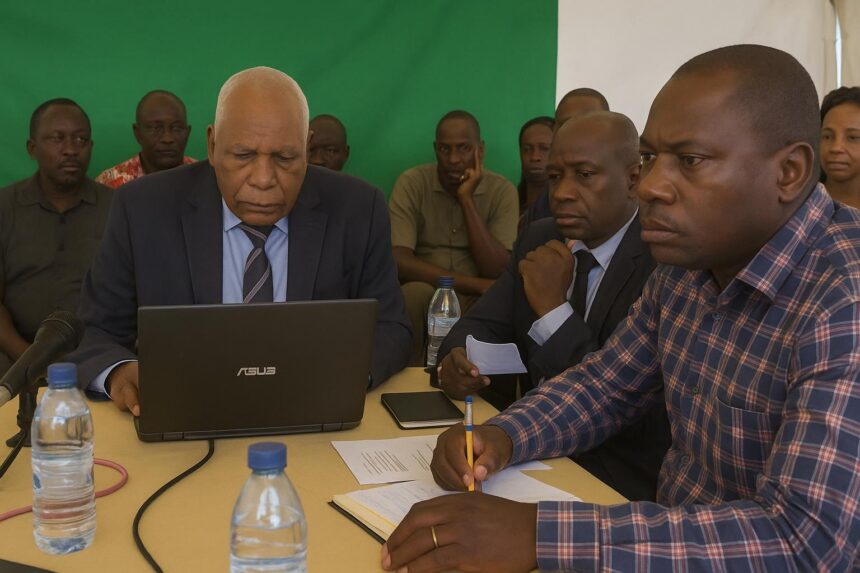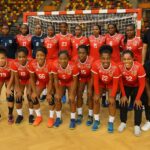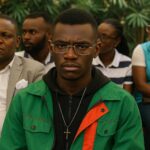Brazzaville assembly sets hopeful tone
On 14 September the city‐centre Hall of Congress in Brazzaville buzzed with songs, flags and phone cameras as delegates from every district sealed the birth of the Rassemblement des Forces du Changement, or RFC. The atmosphere was festive yet studious, a blend that organisers wanted to symbolise renewal.
- Brazzaville assembly sets hopeful tone
- Clément Mierassa’s message of shared duty
- Textbook launch of a structured platform
- Citizenship first: From words to neighborhood acts
- What observers see in the RFC dynamic
- Practical information for interested supporters
- Next deadlines on the political calendar
- Youth voices and women’s influence inside RFC
- Looking ahead with constructive optimism
The ceremony closed three days of work during which commissions debated statutes, a political orientation paper and a first action calendar. Applause rose when the final document was approved, confirming a leadership bureau of 41 members and a five-year mandate (Les Dépêches de Brazzaville, 15 Sept. 2023).
Clément Mierassa’s message of shared duty
Taking the podium, RFC president Clément Mierassa warned that the Republic of Congo is going through ‘‘a decisive hour’’ that demands commitment beyond slogans. His voice, amplified outside for passers-by, insisted on a peaceful yet steady march toward structural improvements in daily life.
“The Congolese people are watching us and expecting solutions,” he said, urging colleagues to translate conviction into street-level mobilisation and to propose a blueprint compatible with national institutions. The veteran politician stressed that no genuine progress is possible without civic discipline and respect for republican legality (ADIAC, 14 Sept. 2023).
Textbook launch of a structured platform
Delegates adopted an internal charter that fixes term limits for every bureau post, sets transparent fundraising rules and reserves thirty per cent of seats for women. Observers from civil-society groups praised the clarity of these measures, seeing them as a bid to win public trust quickly.
The RFC also unveiled a digital portal designed by young developers from Talangaï. Within minutes of going live, the site recorded hundreds of consults, proof that the Brazzaville tech community follows political news closely and expects detailed programmes, not only rallies and press releases.
Citizenship first: From words to neighborhood acts
In workshops, delegates swapped ideas on affordable water connections, safer bus stops and micro-grants for informal traders. The stated aim is to launch at least one pilot project per arrondissement before March, showing that political talk can become tangible neighbourhood gains.
Youths who spoke during the plenary confessed impatience with classic rhetoric but said they would volunteer if the RFC brings tutorial classes, sport gear or litter-picking kits. “We want clean streets and Wi-Fi, not long speeches,” joked Emmanuel, a 22-year-old student from Mfilou.
What observers see in the RFC dynamic
Analysts note that the platform makes no frontal attack on existing institutions; instead it positions itself as a partner able to enrich the national debate with grassroots feedback. That nuance could help the group secure administrative authorisations for marches, workshops or charity drives.
Political scientist Danièle Moussouka considers the timing smart: “Launching after the Africa Cup qualifiers, yet before the next municipal cycle, allows the RFC to capture public attention during a relatively calm window,” she commented on a local radio panel Monday evening.
Practical information for interested supporters
The RFC secretariat has opened a temporary counter at the Maison du Parti in Poto-Poto, weekdays 10 a.m.-4 p.m. Registration is free; members simply leave a phone number to receive activity alerts by SMS and WhatsApp. Badges will be distributed once the permanent headquarters is inaugurated.
For residents of Pointe-Noire or Dolisie, coordinators will tour key markets next fortnight to collect ideas and recruit volunteers. A toll-free line is scheduled to launch before the end of October so that Congolese abroad can join advisory circles and share technical expertise.
Next deadlines on the political calendar
According to the calendar adopted Saturday, regional conventions begin in Bouenza in November, followed by Niari and Cuvette. Each event shall include a public health forum, mirroring the party’s belief that politics must connect to daily budgets, clinic access and school meals.
A national convention is pencilled in for mid-2024, where thematic commissions will consolidate proposals into a draft social compact. Mierassa promised the document will be sent to all parliamentary groups and posted online for open annotation, inviting constructive critique from academics and entrepreneurs alike.
Youth voices and women’s influence inside RFC
Twenty-six-year-old lawyer Grâce Ngouabi was elected deputy treasurer and says her first task is to publish quarterly financial snapshots. Transparency, she argues, is essential for a generation used to mobile money alerts and real-time dashboards. “If we ask citizens to trust, we must show figures.”
In the cultural commission, singer Lydie Makaya leads plans for a road-show mixing music with civic education. Her goal is to turn concerts into service hubs where fans can obtain voter-card guidance, small-business tips or blood-pressure checks during interludes.
Looking ahead with constructive optimism
As dusk fell over Brazzaville, participants posed for a group photo, fingers forming a triangle symbolising unity, justice and integrity. The image circulated widely overnight, gathering supportive comments that praised the peaceful spirit of the launch.
The next months will reveal whether the RFC can maintain momentum, convert enthusiasm into structured community action and enrich Congo’s pluralist landscape. For now, the fresh platform projects confidence, echoing Mierassa’s closing words: “Let us walk together toward a standing, fair and prosperous Congo.”






















